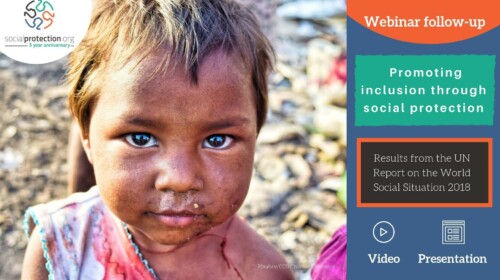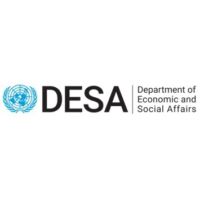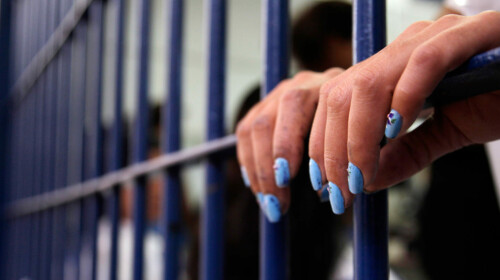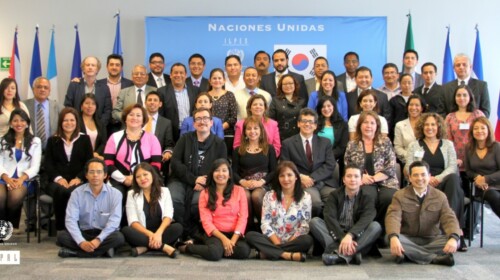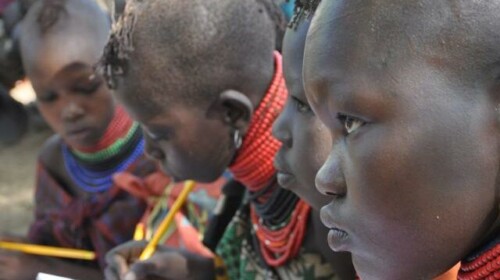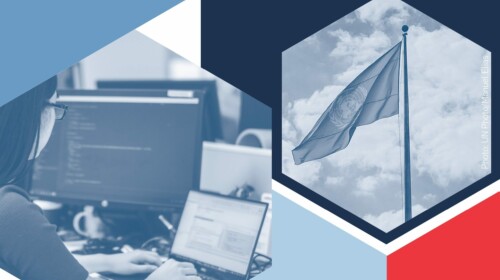Universal access to social protection is a human right and a moral imperative. It is also a potent policy tool to reduce vulnerability, address social exclusion, poverty and inequality. The 2030 Agenda for Sustainable Development underscores the importance of social protection for the attainment of the Sustainable Development Goals (SDGs) and Governments have committed to implementing social protection floors and systems for all.
The world is however far from reaching this goal. Access to social protection is uneven and varies widely between countries, groups and individuals depending on their age, gender, disability or migrant status, race or ethnicity. Gaps in access and insufficient benefits challenge the effectiveness of social protection to promote inclusion and resilience and leave no one behind. Understanding the barriers that diverse groups face in accessing social protection is necessary if substantial coverage is to be ensured for all nations, peoples and segments of society.


